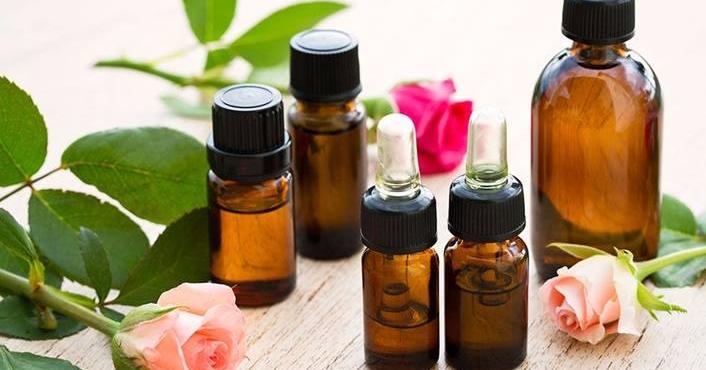We all love Rose essential oil due to its enchanting fragrance and potential therapeutic benefits. It is a prized addition to many aromatherapy and skincare routines. However, like any essential oil, it should be used with care and consideration. Obviously, it has lots of benefits, but if you don’t use it in the right manner, it can irritate your skin and cause negative impacts. In this blog, we have researched rose essential oils do’s and don’ts to make sure you enjoy the benefits of rose essential oil while minimizing potential risks.
The Basics of Rose Essential Oil:
Rose essential oil is derived from the petals of the Rosa damascena or Rosa centifolia rose varieties. It’s known for its sweet, floral aroma and is used in aromatherapy for emotional well-being, skincare for its anti-aging properties, and more. Here’s how to use it safely:
Dos:
● Dilute Properly: Rose essential oil is highly concentrated and should always be diluted before applying it to the skin. A recommended dilution ratio is 1-2 drops of rose essential oil per ounce (30 ml) of carrier oil like jojoba, sweet almond, or coconut oil. This prevents skin irritation and sensitization.
● Patch Test: Before using rose essential oil on a larger area of your skin, perform a patch test. Apply a small diluted amount on a small, inconspicuous area and wait 24 hours to check for any adverse reactions like redness, itching, or irritation.
● Aromatherapy Diffusion: For aromatherapy, add 2-3 drops of rose essential oil to a diffuser filled with water. This allows you to enjoy its fragrance without direct skin contact.
● Blend for Skincare: Create DIY skincare products by blending rose essential oil with other carrier oils, hydrosols, or essential oils suitable for your skin type and concerns. This can enhance its benefits and create customized products.
● Consult a Professional: If you’re pregnant, nursing, have a medical condition or are taking medication, consult a qualified aromatherapist or healthcare provider before using rose essential oil.
Don’ts:
● Don’t Apply Undiluted: Avoid applying undiluted rose essential oil directly to your skin, as this can cause skin sensitization, irritation, or allergic reactions.
● Avoid Contact with Eyes and Mucous Membranes: Keep rose essential oil away from your eyes, mouth, and other mucous membranes, as it can be irritating and uncomfortable.
● Not for Internal Use: Do not ingest rose essential oil. It’s intended for external use only. Ingesting essential oils can be toxic and harmful.
● Don’t Overuse: More is not necessarily better when it comes to essential oils. Use rose essential oil in moderation to avoid overexposure to its aroma and potential sensitization.
● Storage: Store your rose essential oil in a cool, dark place, away from direct sunlight and heat, to preserve its potency and prevent deterioration.
Conclusion
rose essential oil can be a valuable addition to your holistic wellness and beauty routines when used with caution and respect for its potency. Always prioritize safety, dilute properly, and be aware of your skin’s reactions. When used mindfully, rose essential oil can offer a luxurious and aromatic experience while potentially providing therapeutic benefits for your well-being and skin.






